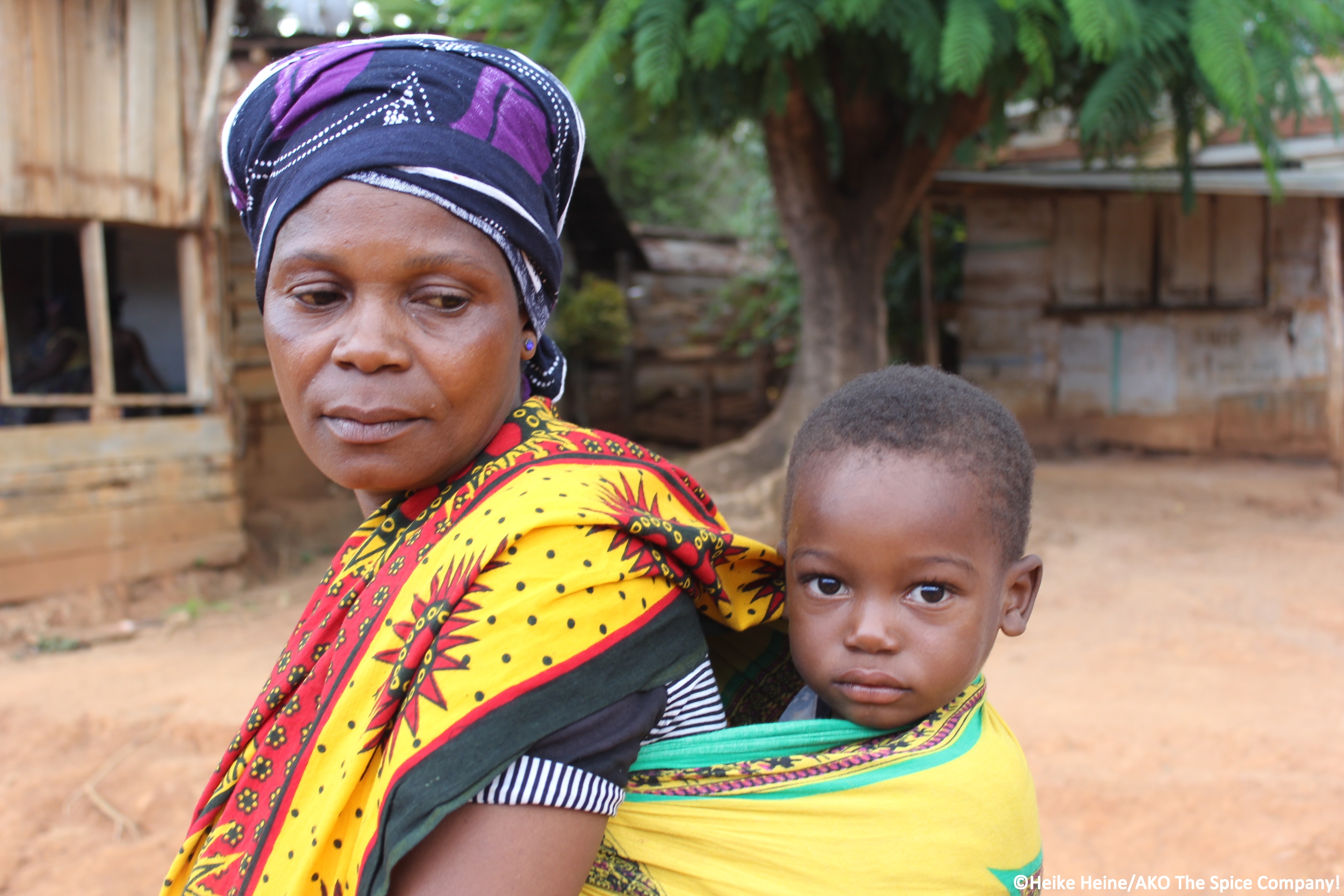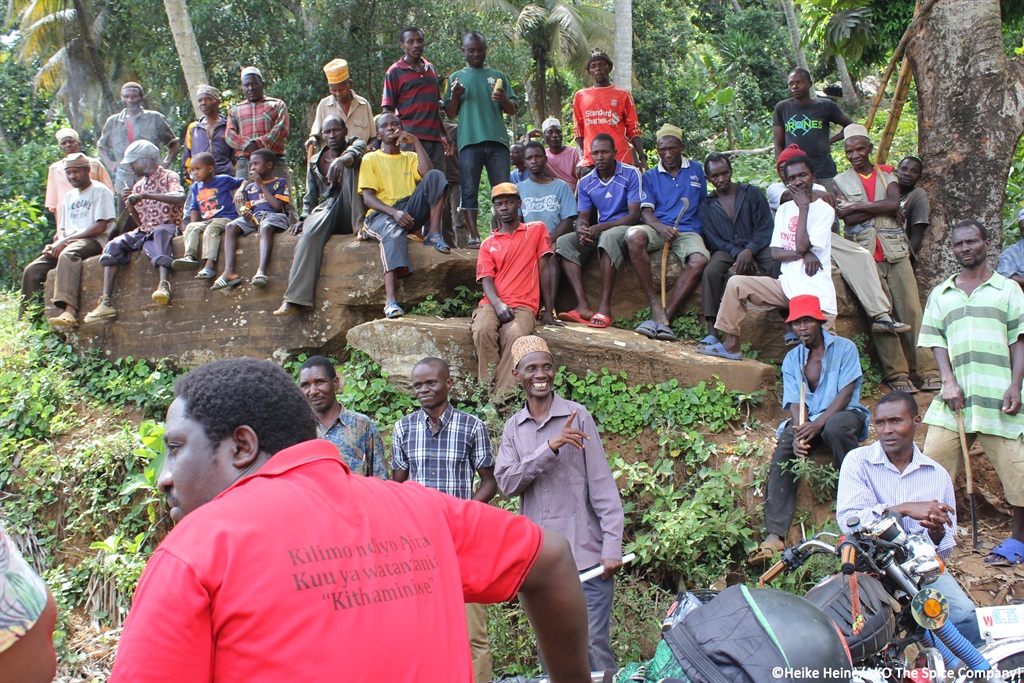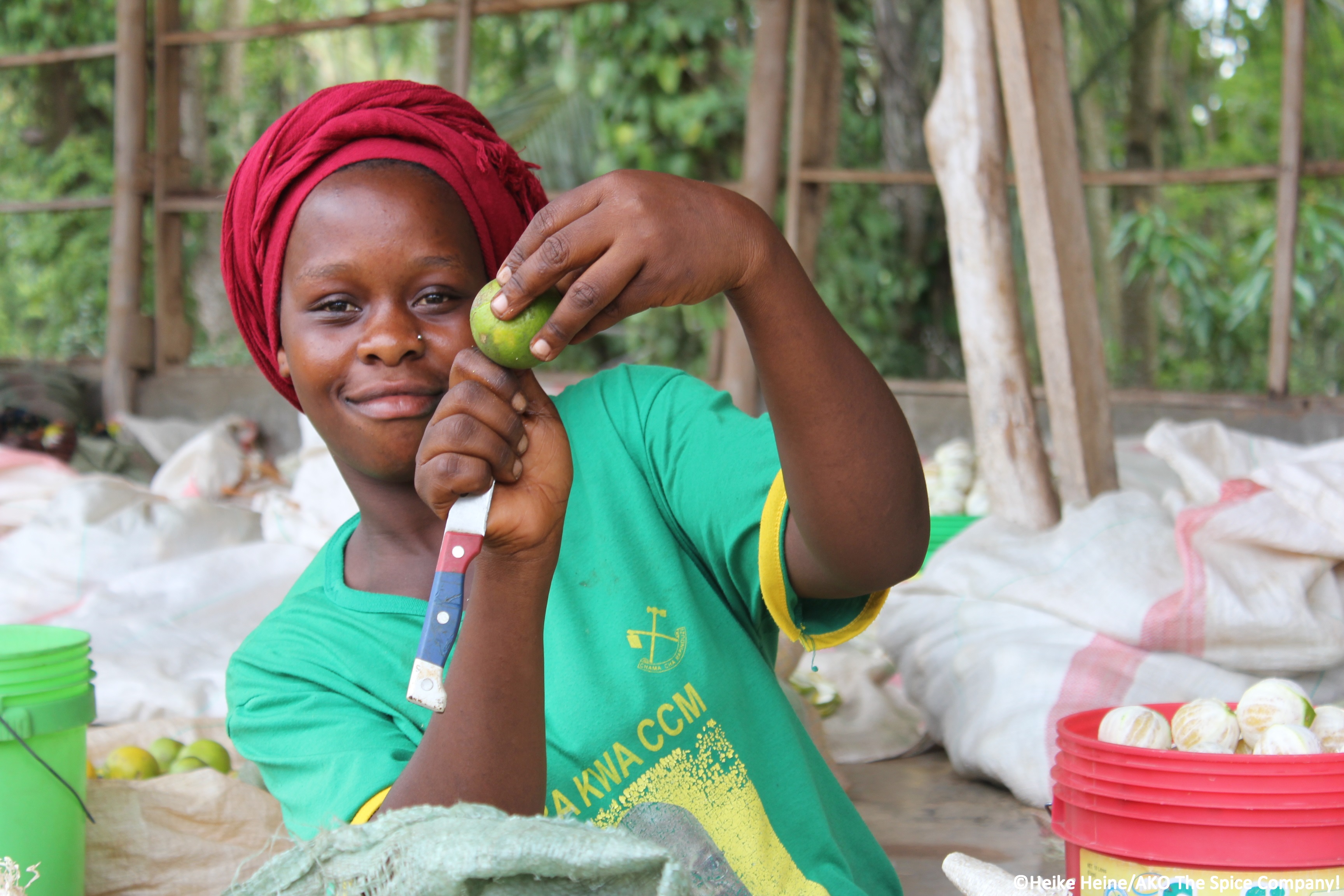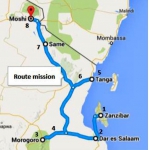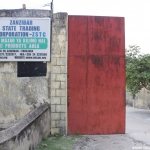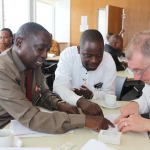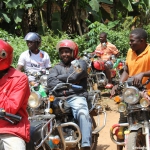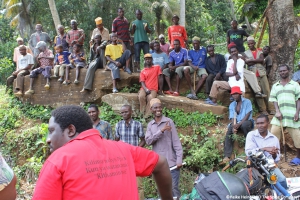Africa is no more laughed at because today, many African countries are witnessing a strong growth. South-Africa, Nigeria and Ghana belong to the fastest-growing regions in the world. Many countries invested in Africa, such as China. In their search for new ressources. Do all their investments pay off now? Is Africa a new origin for food? Discover what we found out on our Spices & Herbs Mission in Tanzania.
In real life competitors: 22 participants, out of 12 different Spice Companies, coming from seven different nations, were participating in the Tanzanian „Spices & Herbs Trade Mission“. Our mutual target: to find out whether Tanzania is already a reliable supplier for good quality spices.
In the forthcoming week we will do together more than 1.500 km: in a ferry from Zanzibar to Dar es Salaam, and in small buses from Dar es Salaam to Morogoro and Moshi near the Kilimandscharo. On our way to the farmers in the mountains, small holder families and cooperatives.
NABC (Netherlands African Business Council) had been the Organizer of this trade mission. NABC is a network of more than 400 exporting and importing member companies, NGO (non-governmental Organisations) and Dutch and African authorities. NABC is organizing every year several Trade Missions to Africa. The target: to convert development aid to aid for trade and to create win-win situations for the developing and importing countries.
Spices from Tanzania
After the results of a 2014 feasibility study of ITC (International Trade Center), an alliance of the United Nations and World Trade Organization (WTO), Tanzania has very good climate conditions for planting and harvesting spices (climate, humidity, altitudes) Some spices already grow there: Gloves, Pepper, Ginger, Cardamom, Cassia and Chili’s. The authors of the Study, Prof.Dr. Amerer from University Sokoine/University Morogoro in Tanzania and Mr. Willem van Noort, expert of spices, came to the conclusion that production volume in 2014 was already at 25.000 mt for those six spices.
Whilst Zanzibar is exporting Gloves via a State Trading Organization via Dubai to India, many Tanzanian Farmers of the mainland are exporting to the neighboring countries of Eastern Africa or in the COMESA Block (Zambia, Zimbabwe, Congo, South Africa). They are deeply depended from the middlemen and their low prices.
Zanzibar and State Trade
Zanzibar was the main transshipment base of spices. Therefore the Portuguese and Arabs had been very interested in these countries. Since 1964 Zanzibar belongs to Tanganyika, they form together the State of Tan…San…Ia.
The Spice Gardens of Tanzania are in the North of Stone Town. They are owned by the State and planted by the local communities. They harvest what they can get from nature. Sometimes they guide some tourist groups to their gardens to earn some money.
Gloves from Zanzibar are most famous. But „Zanzibar State Trade Cooperation“ holds a monopoly on the trade. There is no way to buy Gloves from Zanzibar, as main quantities are is to India via Dubai.
Some more Spices from Zanzibar can be bought individually – such as Ginger, Pepper, Cardamom, Vanilla or Lemon Gras. Unfortunately quantities are very limited, so export is not really worthwhile.
One Cooperative in Zanzibar is growing organic spices – with 40 farmers and an average of 3 a (1a=100 m2). This Cooperative is Organic certified (Lacon) and has one customer in Germany. Unfortunately they cannot even match his requirements at present.
Match-Making in the Dutch Embassy of Dar es Salaam
The Dutch people had been very interested in initiation of trade and gave a reception at the Dutch Embassy in Dar es Salaam. After that a Match Making with some exporting Organizations took place.
Our conclusions: many things are still unknown in Tanzania. Quality Parameters, terms and conditions, how to calculate fob or cif, documents needed for exports, USD accounts……..
The High-Lands
Scene changes: 150 km in the north-west of Dar es Salaam, Uluguru Mountains. This means “High-Lands”. We visit a cooperative of 16.000 small holder farmers in four mountain villages, all around the far branched mountains of Uluguru. Annual output: 1.500 mt Pepper, 1200 mt Gloves und 4150 mt Cassia.
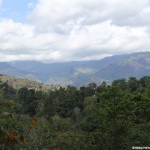
We visited a local collecting point near a market place in the mountains. The farmers could sell spices and buy products for day to day requirements at one place.
From this place we took motorroller to go into the mountains. Piggyback on a motor cycle. 22 European spice importers next to their spice farmers. What a splendid view! Nearly 1,5 h in one direction, where we hit sandy red tracks leading up to the north where the farmers live.
In the Mountains, Cardamom, Cassia, Gloves and Pepper grow. The plants are not well maintained, so new and old plants grow side by side. The high growing plants of Gloves and Pepper are hard to harvest, so people have a lot of problems to do it. But they are proud of what they are doing there.
I am Obama!
In the village, all people gathered in the meeting point, mainly men and children, patiently sitting in a semi circle. Our translator presents ourselves, telling them from which countries we are. When presenting Ryan, our American guy, a murmur went through the ranks and Ryan is justifying himself with a smile: no no, I am not Trump, I am Obama. Now some laughs went through the ranks, because Ryan is white skinned.
It takes a while before a guy dares to ask us something. It was the oldest one of the village. He looked for the oldest one of our group and when he found him, he started to talk with him.
Paul was not the oldest man, but our speaker so he answered the questions via our translator: whether we want to buy Coconuts, too, whether we have some tipps how to harvest a larger quantity….whether we could build a street in the village. …..Sorry?
Ginger from SAME
332 km and eight hours later: the main region for Ginger. Our driver gave us a warning. This will be a very hard ride into the mountains. The forthcoming 60 km will be a four hours drive on the bad road into the mountains. With two small, but very maneuverable busses. Read more in our report on GINGER.
Cardamom from Moshi
Our travel is nearly at its end, when we visited a Co-operative in Moshi, approx. one hour away from the Kilimandscharo. Again a mountainous terrain. But this we knew already. In a left turn a women was getting onto our bus. Read more …
Challenges
During our travel through Tanzania we learnt a lot: we met “forest farmers” with subsidiary agriculture, small holder farmers who cares only on pepper, we visited Organic Spices Processors in mountain villages and NGO’s . We were able to see Ginger plantations and cooperatives of Cardamom.
The biggest problem is: the production quantities are still low. Wild growing spices are harvested as supplementary income. Where plantations exist, there is no knowledge of how to increase the output. Farmers could earn a lot more money, if they did some more pre-selections.
Furthermore: bad infrastructure due to Inaccessible mountainous regions make farmers depended on middlemen. They fix the prices. The farmers do not know about world market.
On our mission we became familiar with some development projects. Projects ran out already since some years. Buildings and machines had been bought by NGO, but today nobody knows how to use, to maintain or to repair them. Machines are rotting just before they are used for the first time. In our opinion, development aid has to be done in another way!
Hakuna Matate
This is Swahili and means, in fact everything is the same as always. Really? Because people are living in great poverty. The Tanzanians think that the Europeans are very rich. This had been proven, when the people asked us to build a road in their villages. State development aids spent more than 50 Mrd. Euro for Africa every year. There are a lot of school projects, electricity projects and communication. But economical progress stagnates. Although there are minerals, rich natural resources and good conditions of agriculture. Only few companies work with Africa.The share on foreign trade amounts at 2 %, although Tanzania was a former German colony in 1918. Why is that?
A thesis says, this is because of the structure of medium sized companies, who compete against multinationals or states like China in the African countries. Those challenges faced lead to many bad investments and those are not so easy to be compensated. And there is a lack of competitive risk insurance.
Since December 2016, the German Development Aid Minister Gerd Müller has a new Marshall plan for Africa. This gives hope: because pro-reform governments will get more money. The key word is conditioning, means only money will be given only for proven projects to prevent for corruption!
Sigmar Gabriel, the German vice chancellor and foreign minister, is active too. He promises a narrow cooperation of foreign trade and development aid. He will expand the states guarantees for exports and investments in Africa. Hermes guarantees, which exist already for Nigeria, Ghana, Tanzania, Senegal and Ruanda will be expanded. The need for investments in Africa is very high. Therefore the Vice Chancellor and Minster of Development will sit together with the German minister of Finance, Mr. Wolfgang Schäuble, to ask for addition tax releases if people invest in Africa. This would be a good opportunity to get more investors for Africa and to advance projects.

